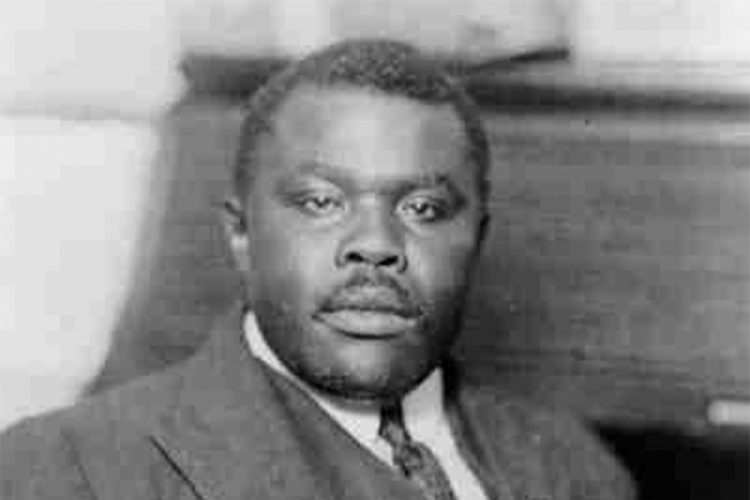Garvey exoneration petition needs maximum support

by Renwick Rose
Prime Minister, Dr Ralph Gonsalves must be highly commended for taking the initiative to use his position and prestige not just to endorse the petition for the exoneration of the Right Excellent Marcus Mosiah Garvey, but to make a public appeal for wide popular support for the initiative.
Garvey, one of the most outstanding Black men of the 20th century, was not only hounded and persecuted for his work for black liberation, but he was also unjustly jailed and had his reputation tarnished as a result, having been convicted of so-called “mail fraud offences” in the USA. That remains on his public record to this day. Fortunately, while those who persecuted him have long vanished from the pages of history, millions of black folk the world over today recognize Garvey as a Hero and he is indeed a National Hero of Jamaica.
Now there are the cynics among us and some of his opponents who would quickly pooh-pooh the P.M’s action as being tinged with opportunism. Well, it would be good if such persons can similarly display some positive opportunism in promoting a worthy cause.
After all, many of these are no strangers to opportunism.
Garvey’s conviction and jailing is but one of countless “historical wrongs” inflicted on Black leaders in Africa and the Western Hemisphere for centuries. In Africa not only were anti-colonial leaders like Nelson Mandela and Jomo Kenyatta jailed, but others like Patrice Lumumba in the Congo were murdered. Others like Kwame Nkrumah of Ghana were vilified to this day.
In the western hemisphere, prominent intellectuals who advocated and organized for the rights of Black people, have long suffered discrimination in employment and dismissed from teaching at universities. Such was the fate of Sister Angela Davis in the USA in the late sixties.
We in the Caribbean were hardly better for a similar fate was handed out to the brilliant Guyanese scholar Dr Walter Rodney, banned from Jamaica and thus unable to continue teaching at the University of the West Indies. Many other teachers and academics at all levels suffered such fates throughout the Caribbean of the seventies and even later. Not only were their valuable contributions lost but our young people were denied the priceless value of their teaching and experience. There are, indeed, many historical wrongs which need to be put right.
These relate not just to prominent intellectuals. Many working-class leaders have not been recognized up until today and the value of their contributions acknowledged. This is especially true of the leaders of the revolts of the 1930s. Up until today, even progressive historians still refer to them as “riots”, refusing to recognize that theirs were actions which challenged colonial rule and foreign domination in the region. We all have reaped some benefit from their actions, including persons from the middle class who have reaped the most benefits.
In some countries, Barbados and Trinidad and Tobago for instance the actions of Clement Payne and Uriah “Buzz” Butler respectively, have been officially recognized and their roles as working-class heroes acknowledged officially.
We in SVG need to re-examine our understanding of the 1935 uprising, erase the blot on our history in calling the rebellion in October of that year, by the derogatory name of “riots”. In addition, Samuel “Sheriff” Lewis, the acknowledged “leader” of the largely spontaneous rebellion, still cries out from his grave for the historical wrongs, leading to his jailing in Grenada and the subsequent slur on his name and actions.
We too have historical wrongs still to put right.











